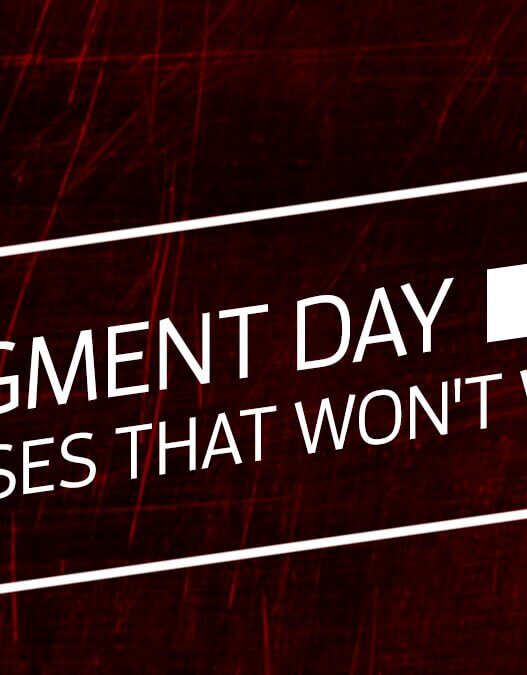In his Letter to the Romans, Paul declared that “the free gift of God is eternal life in Christ Jesus our Lord” (Romans 6:23). Similarly, the apostle wrote: “For by grace have you been saved through faith; and that not of yourselves, it is the gift of God…” (Ephesians 2:8).
Many focus upon the term “gift” in these verses and conclude that redemption must be wholly dependent upon God, and that man is without responsibility in the matter of his salvation. What they fail to realize, of course, is the fact that a “gift” can be conditional, without there being any meritorious effort on the part of the recipient. Consider the following passages:
- Jehovah promised to give the city of Jericho to ancient Israel (Joshua 6:1). Observe the use of the verb “given” in Joshua 6:2,16. Clearly, however, they did not receive the victory until after they had completed their obedience to the divine instructions for taking the city (6:20; cf. Hebrews 11:30).
- In a perilous voyage, when Paul and his shipmates were about to give up hope, an angel told Paul: “Fear not, Paul; you must stand before Caesar: and lo, God has granted [given] you all them that sail with you” (Acts 27:24). Yet, this gift was not unconditional, for Paul warned the soldiers, “Except these abide in the ship, you cannot be saved” (Acts 27:31). Though salvation is God’s gift, “Except one be born of water and the Spirit, he cannot enter into the kingdom of God” (John 3:5). Obedience to the Gospel is essential for salvation.
- Jesus taught that we are not to work primarily for the bread which perishes; rather we are to work “for the food which abides unto eternal life, which the Son of man shall giveunto you” (John 6:27). This context makes it clear that working the works of God (i.e., obeying His will), and receiving His gift of salvation, are not mutually exclusive propositions. They complement one another. Christ is the author of eternal salvation to those who obey Him (See Hebrews 5:9). —Notes From The Margin On My Bible, Wayne Jackson












